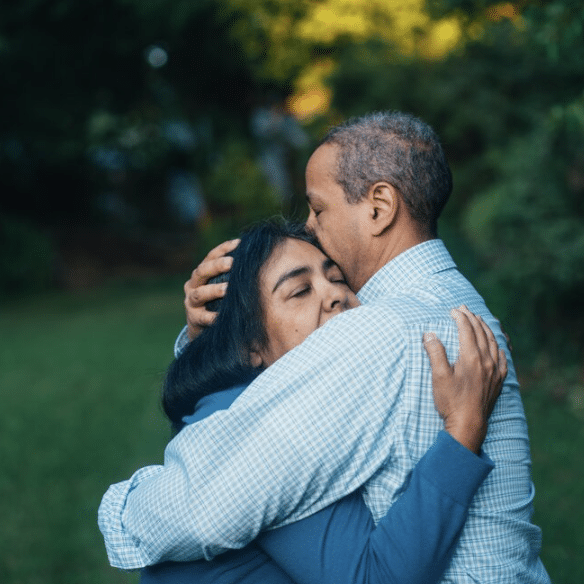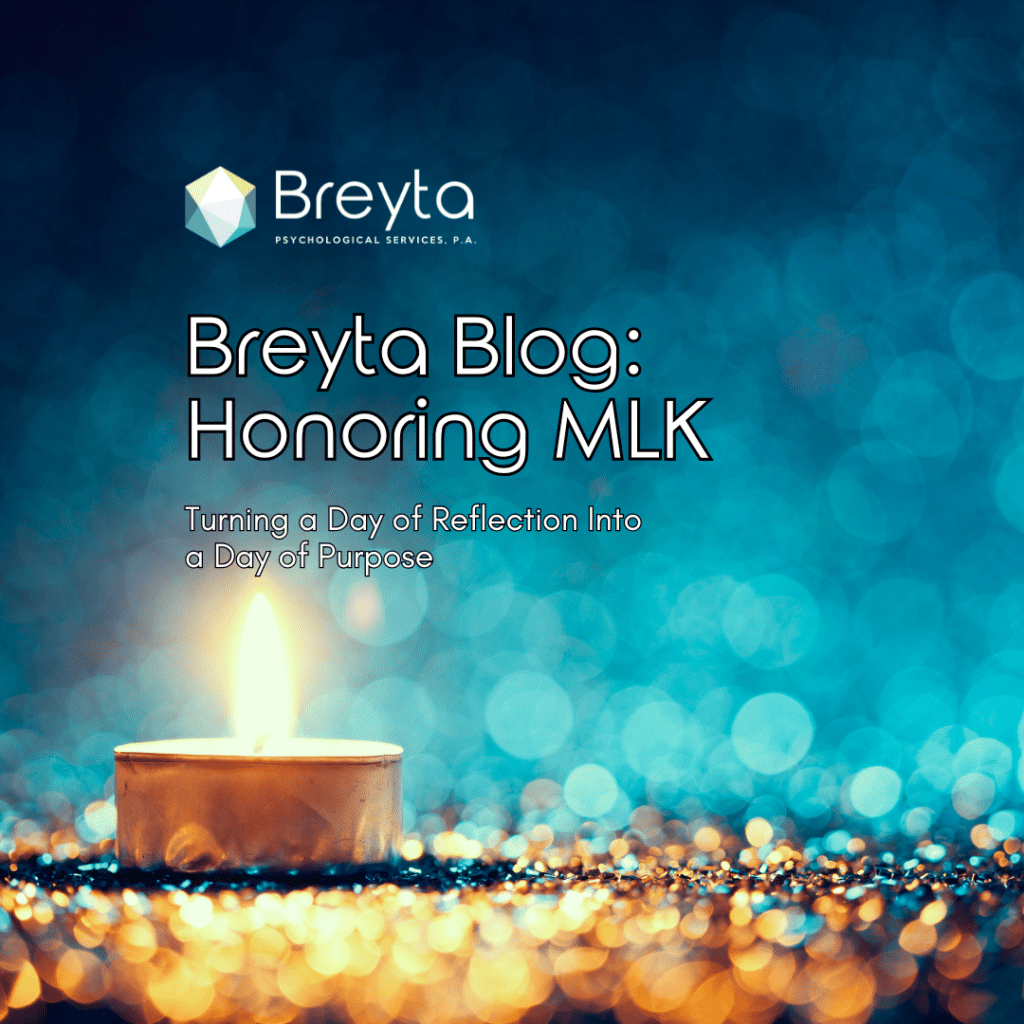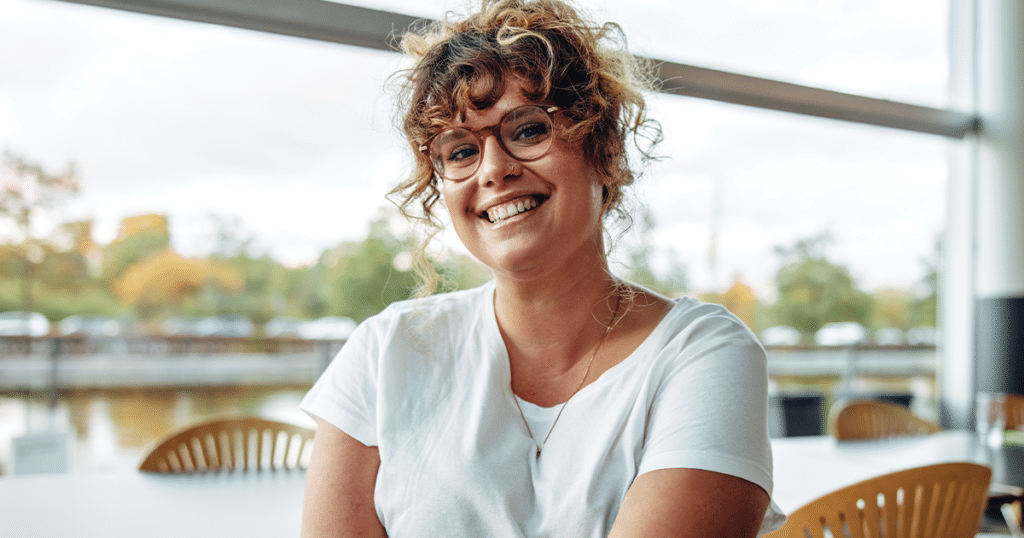Grief and loss are natural, expected parts of life, but it doesn’t make it any easier to cope. When you experience grief, you may feel confused, frustrated, or alone. While you aren’t alone, the feeling is overpowering, leading many people to feel isolated and making the process harder to get through.
There are many reasons why one might experience grief: death, divorce, job loss, declining health, loss of a friendship, and many others. Grief often involves a loss, and you may struggle to grapple with that loss, try to replace it, or feel a void as you move forward.
Whatever your situation is, there are ways to cope with grief to make the process a little easier.
1. Take Your Time

When you experience a loss, you may experience a couple of things. On the one hand, you may feel inclined to push your grief aside and continue with your life as if nothing happened. On the other hand, you may feel so overwhelmed with grief that you don’t know how you could return to your “normal” life.
There is no right or wrong timeframe for experiencing grief, and it comes down to what feels right for you. Some people grieve more quickly and find comfort in getting back to their routine. Others grieve more slowly, taking months or even years to process their loss. Neither scenario is right nor wrong — it comes down to your needs.
2. Maintain Your Health
Grief can bring on unpredictable feelings and behaviors, and sometimes people find it hard to care for themselves when going through it. While this is understandable, the best thing you can do for yourself is making a conscious effort to maintain your physical health. Take a shower, eat enough food, and go for walks. Even little expressions of self-care go a long way when it comes to grieving.
3. Don’t Fight Your Pain
Let’s face it: grief is painful, and there’s no way to avoid it. Some people may find it more or less painful than others, but it’s common to experience intense emotional pain while going through it. Though it may be tempting to fight or avoid the pain, this won’t help you in the long run.
Instead, consider why you feel so much pain from your loss. The answer is likely because the person or thing you lost was important to you, which means you cared. Emotional pain is a normal reaction to loss, and by embracing it, you’ll remember the importance of that person or thing.
4. Rely on Loved Ones
When you experience a loss, you may feel isolated or alone in the situation. Many people fall into depression because of how isolated they become, which is the last thing you want to happen. By making an effort to stay connected to loved ones, you can avoid depression and other serious mental health issues.
Turn to family, friends, or even co-workers — anyone who reminds you that you aren’t alone and that support is available. Grief is hard enough to cope with, but going through it alone is nearly impossible. Instead of shutting people out, embrace their support.
5. See a Therapist
Many people assume that coping with grief will get easier over time, which is true to an extent. However, some people find that it’s not so simple, and no matter what they do, their grief isn’t getting easier to bear. If you’ve been struggling with grief, don’t be afraid to reach out for professional help.
Grief is one of the most complicated journeys to go through, and therapy can help lighten your load. Whether you want to connect with someone over your loss or want to find productive ways to move forward, consider therapy as an effective way to cope with grief and loss.





